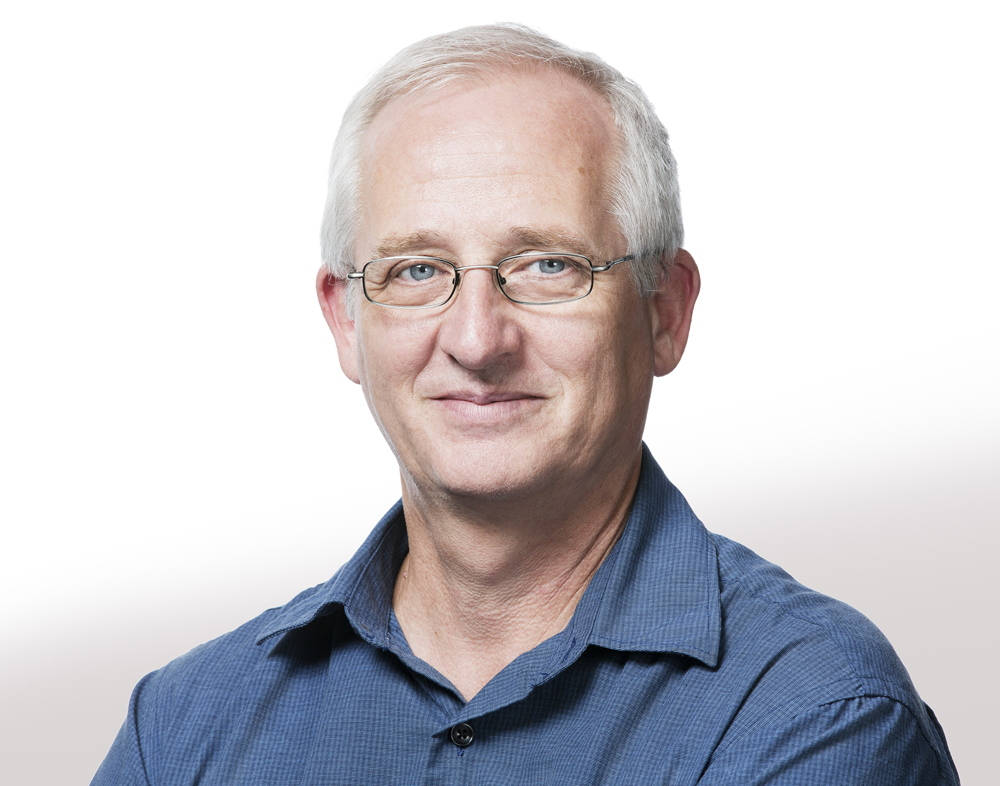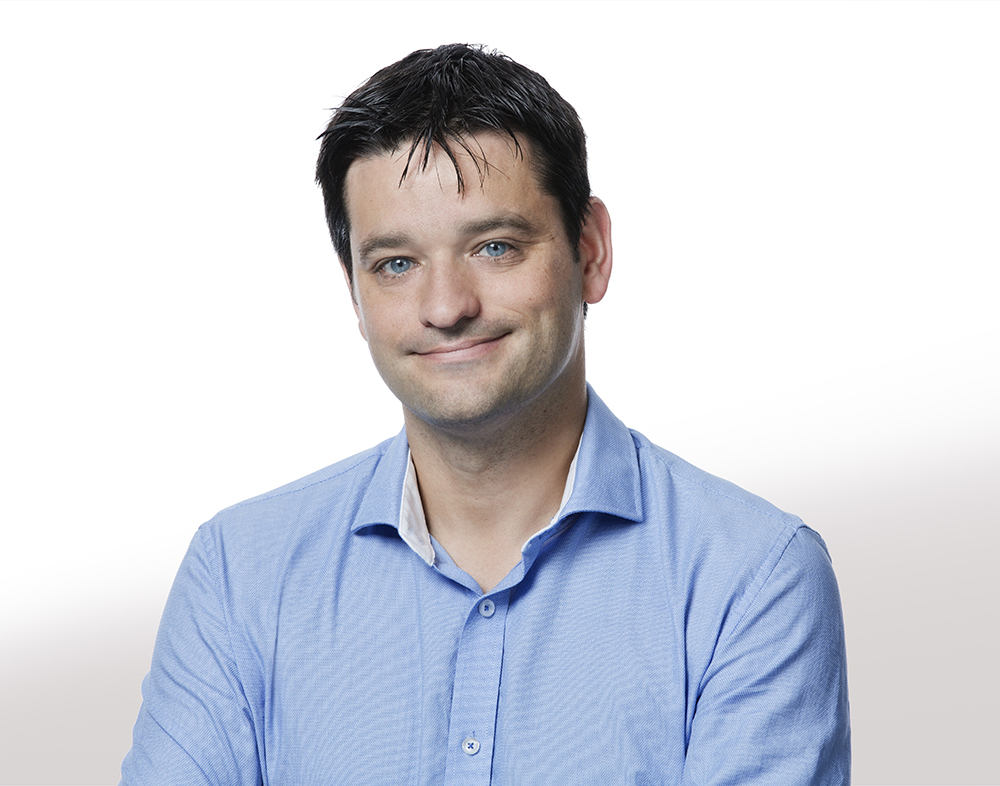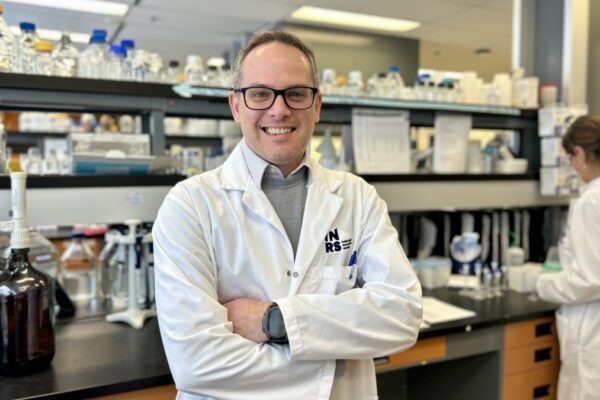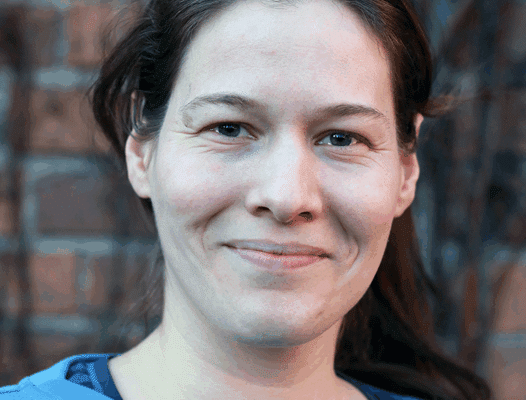- Research
-
YOU ARE
- Community member
- Future Student
- Student
- Professor
- Alumni
- Media
- Guidance counsellors
- INRS retiree
- Contact Us
- Newsroom
- Careers
- FR
-
Studies
We teach the next generation of researchers to develop scientific, social, and technological innovations.
-
Research
We find solutions through interdisciplinary research and industry or public and community partnerships.
-
INRS
We play an active role in Québec's economic, social, and cultural development.
Professors Steven Laplante, Laurent Chatel-Chaix, and Alain Lamarre of Institut national de la recherche scientifique (INRS) have made it their mission to find molecules capable of treating COVID-19. Together, they will test thousands of therapeutic molecules on infected cells to determine their efficacy against coronaviruses.
The purpose of the research is not to find a vaccine, but an antiviral capable of treating those infected with SARS-CoV-2 and COVID-19. “Our goal is to reduce viral replication to avoid the cytokinestorm that is responsible for a large portion of deaths,” said Professor Laurent Chatel-Chaix.

Steven Laplante’s laboratory will mainly test molecules already cleared by the U.S. Food and Drug Administration (FDA) in order to speed up the drug creation process. “Usually this can take 12 to 15 years, but we don’t have that luxury here. If a molecule that is already approved works, we can move on to clinical trials faster, because we already know it is safe for the human body,” explained Laplante, a medicinal chemistry researcher whose project received €70,000 from the Institut Pasteur International Network’s coronavirus task force.
How do you know if a molecule is effective? Professor Laplante combines it with different proteins from the virus to see whether there is an interaction. He is particularly interested in two conserved proteins expressed from all coronaviruses in infected cells: protease and polymerase. That way, the drug would be active against all types of coronaviruses, not just SARS-CoV-2. “If there’s another outbreak in five years with a mutated virus or another coronavirus, we’d already have a working antiviral,” he said.
Alongside Steven Laplante’s work on already-approved molecules, Professor Laurent Chatel-Chaix will test drugs developed by Professor Charles Gauthier of INRS, whose basic molecule has already been shown to have an effect on coronaviruses other than SARS-CoV-2. He will also test molecules from the Réseau québécois de recherche sur les médicaments library and those targeted by Professor Laplante for their interactions with infectious diseases.
Professor Steven Laplante Professor Laurent Chatel-Chaix Professor Alain Lamarre
A viral infectious system and a custom animal model
To test all molecules of interest, Laurent Chatel-Chaix will develop a modified SARS-Cov-2 virus. “We will add a sequence in the virus genome that codes for a bioluminescent protein. That way we’ll be able to directly measure the virus replication as a function of the light emitted,” explained the molecular virology researcher.
Once promising molecules have been identified for infected cells, researchers will need to test them in an in vivo model to ensure their efficacy and safety. That’s where Alain Lamarre’s lab comes in. It will develop a mouse model to adapt the SARS-CoV-2 coronavirus to a non-human host.
This model could also help give Lamarre a better understanding of the link between the dose of infection and the quantity of antibodies in the blood, which will be useful in developing a vaccine.
You may also like
Share






